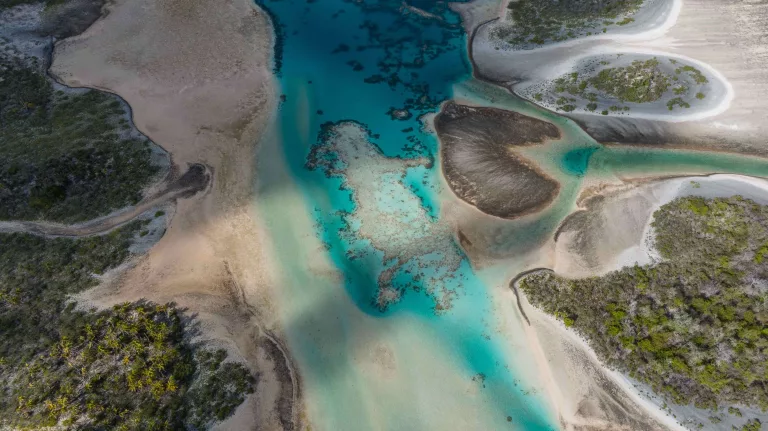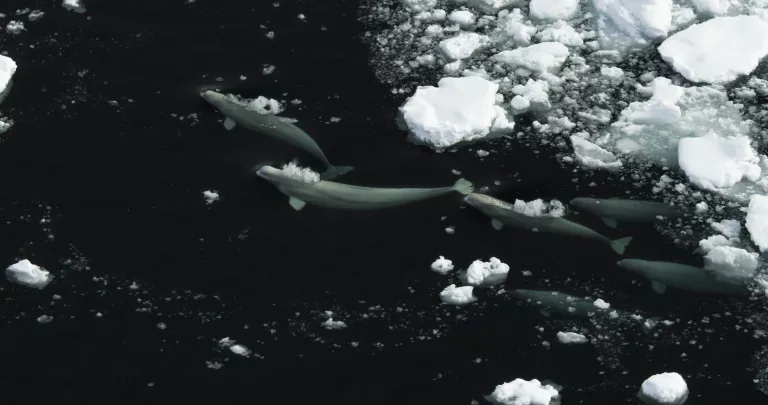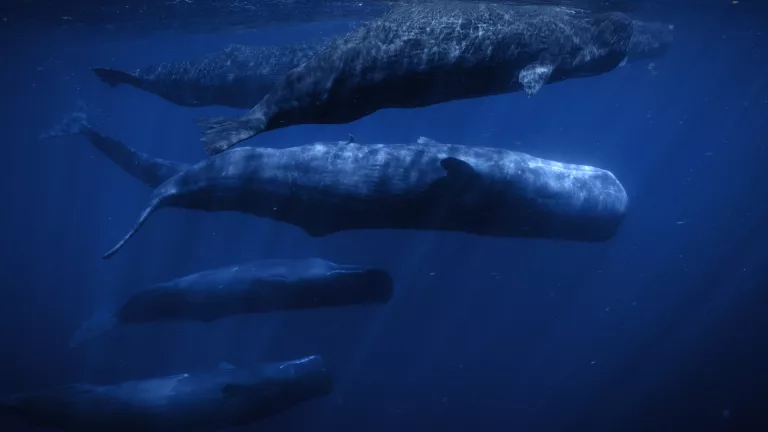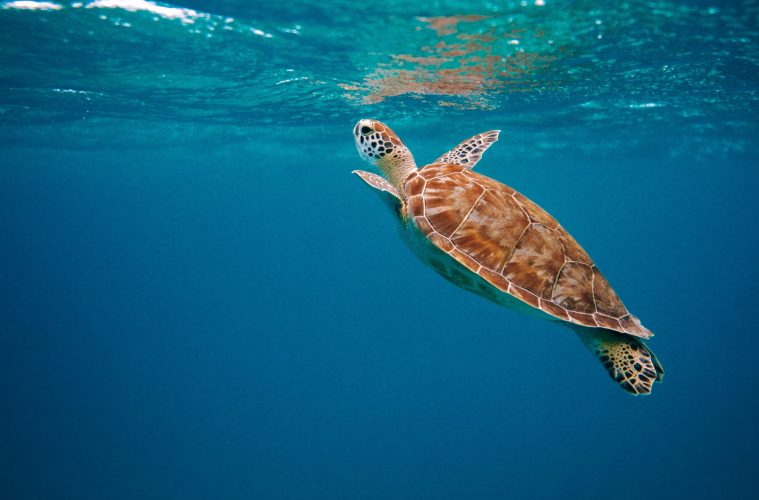The ocean covers over 70% of the planet and produces at least 50% of its oxygen. It is home to most of Earth’s biodiversity and is the main source of protein for more than a billion people around the world. This June, Sundays on National Geographic Wild (DStv 182, StarSat 221) are dedicated to the seas and the marine fauna that live under the water.

Two-channel premieres will reveal new facets of ocean life. The four-part Secrets of the Whales, narrated by Sigourney Weaver, that premieres on Sundays throughout June at 18:00 (CAT) will plunge viewers deep within the epicenter of whale culture to experience the extraordinary communication skills and intricate social structures of five different whale species: Orcas, Humpbacks, Belugas, Narwhals and Sperm Whales. Witness five powerful Orca matriarchs across the globe pass down their family hunting traditions to the next generation, and other incredible aspects of whale life, with one new episode each Sunday.

Belugas are made for the Arctic: they lack dorsal fins, which allows them to swim under sea ice. This serves as a form of protection from predators with massive dorsals, like killer whales. (National Geographic/Thomas Miller)
As the world grapples with the sobering announcement of the fourth recorded global coral bleaching event, a new National Geographic Pristine Seas documentary Super Reefs sheds light on the power of Marine Protected Areas (MPAs) to safeguard biodiversity and encourage coral reef recovery after the impacts of devastating and ever-more-frequent warming events. This special, which will premiere on Sunday 30 June at 18:00, follows a group of marine scientists on a 2021 return trip to the southern Line Islands of Kiribati in the central Pacific — following a catastrophic coral bleaching event from six years earlier that devastated 50% of the reef population, and their remarkable discovery.

Sperm whales have a very complex method of communicating with high-frequency clicking noises. A family of sperm whales talk to each other with clicking noises as they swim staggered above one another. (National Geographic/Luis Lamar)
Viewers can also enjoy the two-part series Wonders of the Ocean (2 x 60) on Sunday 16 June from 19:30. This documentary explores the vast Pacific Islands that range from coral atolls and smoking volcanoes to pieces of a lost continent. Discover the wildest stories of adaptation and survival on these islands of life.
For those who missed the recent premiere of Secrets of the Octopus, there is an additional chance to get closer than ever to these elusive creatures, in this fascinating series, by Academy Award®-winning filmmaker and National Geographic Explorer-at-Large James Cameron, narrated by Paul Rudd, on Friday 28 June from 18:00. The three-part series explores Octopus’ one-of-a-kind superpowers, extraordinary intelligence, and secret social lives. These weird and wonderful animals are intelligent enough to use tools, transform their bodies to mimic other animals, and even communicate with different species.
ALSO SEE: 9 WAYS TO HELP STOP OCEAN POLLUTION
Feature image: Pexels


